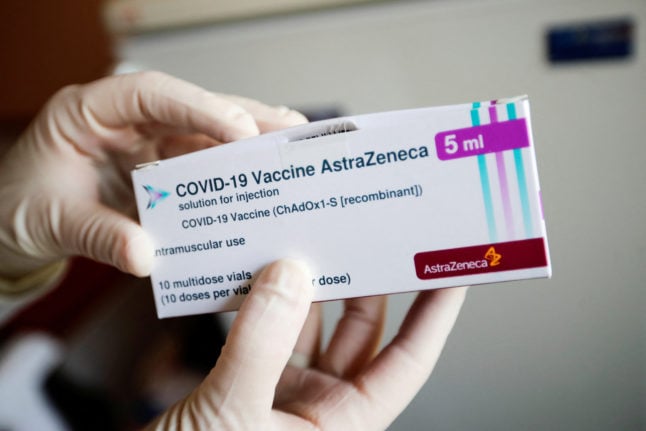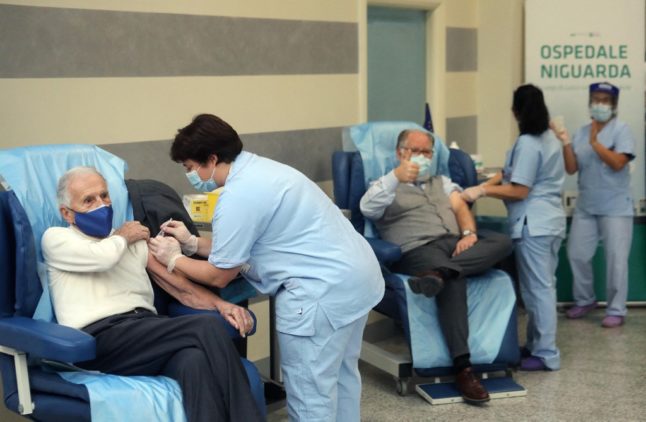“We think you are out of danger 14 days after vaccination and that after that it is unlikely that anything will happen,” Bukholm told newspaper VG.
“But this is based on the information we have on five patients, so there is quite limited case material”, he added.
He also told the newspaper that no other countries with reported cases of blood clots following the AstraZeneca vaccine had registered them as occurring after more than 14 days.
Five patients have been admitted to Oslo University Hospital (OUS) with a combination of thrombosis, haemorrhaging and low platelet counts after receiving the vaccine. Six cases in total of the reported disease picture have been recorded in Norway.
READ MORE:Norway ‘disagreed’ with EMA conclusion over AstraZeneca vaccine.
The patients fell ill between three and twelve days after taking the vaccine. On Sunday the Norwegian Medicines Agency (NOMA) received reports that two people died after receiving the vaccine.
A direct link between the vaccine and reports of blood clots has not yet been proven but is being investigated.
Last week the European Medicine Agency concluded that AstraZeneca is safe and effective against Covid-19. But a group of experts at OUS have found that a strong immune response triggered by the AstraZeneca vaccine caused the blood to clot in three health workers that received the vaccine.
Use of the AstraZeneca vaccine is currently on pause in Norway. A decision on whether to resume its distribution in Norway’s vaccination program is expected later this week.
Around 130,000 people in Norway have received the AstraZeneca vaccine. As such, the six cases of blood clots so far reported gives an incidence of just over 1 case per 20,000 people in Norway of the possible side effect.



 Please whitelist us to continue reading.
Please whitelist us to continue reading.
Member comments